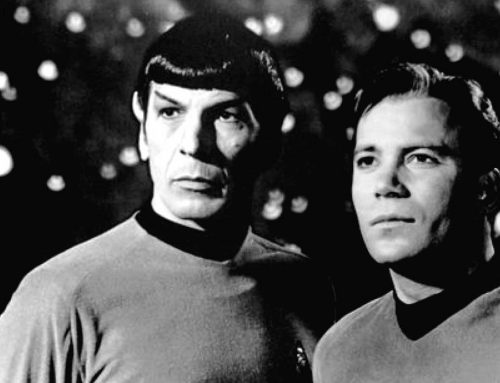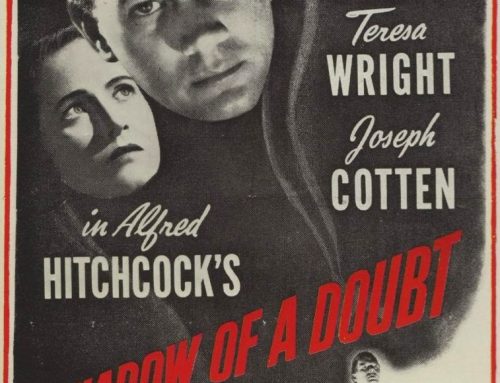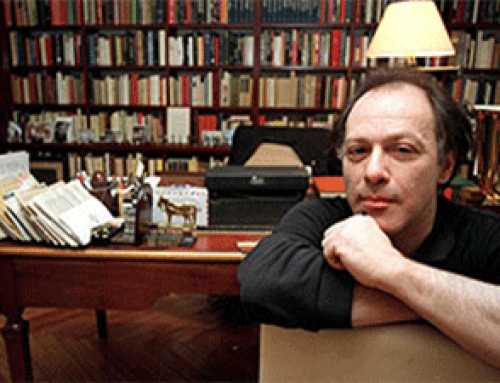¡Es tan sutil la diferencia! Pero nadie como uno de los grandes para explicarlo con su habitual y certero arte para la descripción psicológica. En su imponente novela The cunning man, Robertson Davies, autor canadiense poco conocido en España, pero muy admirado y estudiado en su propio país y en la literatura anglófona, lo hace con gran acierto. Para quienes fruncís el ceño al intentar discernir la difusa frontera entre estos términos, os dejo con un extracto muy revelador:
«When irony first makes itself known in a young man’s life, it can be like his first experience of getting drunk; he has met with a powerful thing which he does not know how to handle. Of course I had been aware of irony in its superficial form, because Brocky made great use of it; but he was not a master, a subtle and gentle employer of mockery in almost every aspect of like, as was Dwyer; it was something Brocky had learned, not flesh of his flesh. Later, when I thought I had become wiser, I tried to find out what irony really is, and discovered that some ancient writer on poetry had spoken of «Ironia, which we call the drye mock,» and I cannot think of a better term for it: the drye mock. Not sarcasm, which is like vinegar, or cynicism, which is so often the voice of disappointed idealism, but a delicate casting of a cool and illuminating light on life, and thus an enlargement.
The ironist is not bitter, he does not seek to undercut everything that seems worthy or serious, he scorns the cheap scoring-off of the wisecracker. He stands, so to speak, somewhat at one side, observes and speaks with a moderation which is occasionally embellished with a flash of controlled exaggeration. He speaks from a certain depth, and thus he is not of the same nature as the wit, who so often speaks from the tongue and no deeper. The wit’s desire is to be funny; the ironist is only funny as a secondary achievement.
One must have a disposition for irony, but it does not come without practice; like really good violin-playing, it must be practised every day. It seemed to me when I met Dwyer that I had the disposition, but I was an unpracrised hand and, like a beginner on the fiddle, I suppose my squawks and screeches were painful to those around me.»
Y al leer la descripción de Dwyer solo me viene a la cabeza una persona que podría haberlo encarnado, solo uno: aquel actor que parecía estar con un pie dentro y otro fuera de la pantalla, que aceptó con humor cuantas vicisitudes que se le presentaron, pero a la vez miraba al espectador con aquella mirada socarrona, como diciendo: «¿a ti qué te parece?».

¿Qué os parece el jerseycito que me han plantado, chicos?






